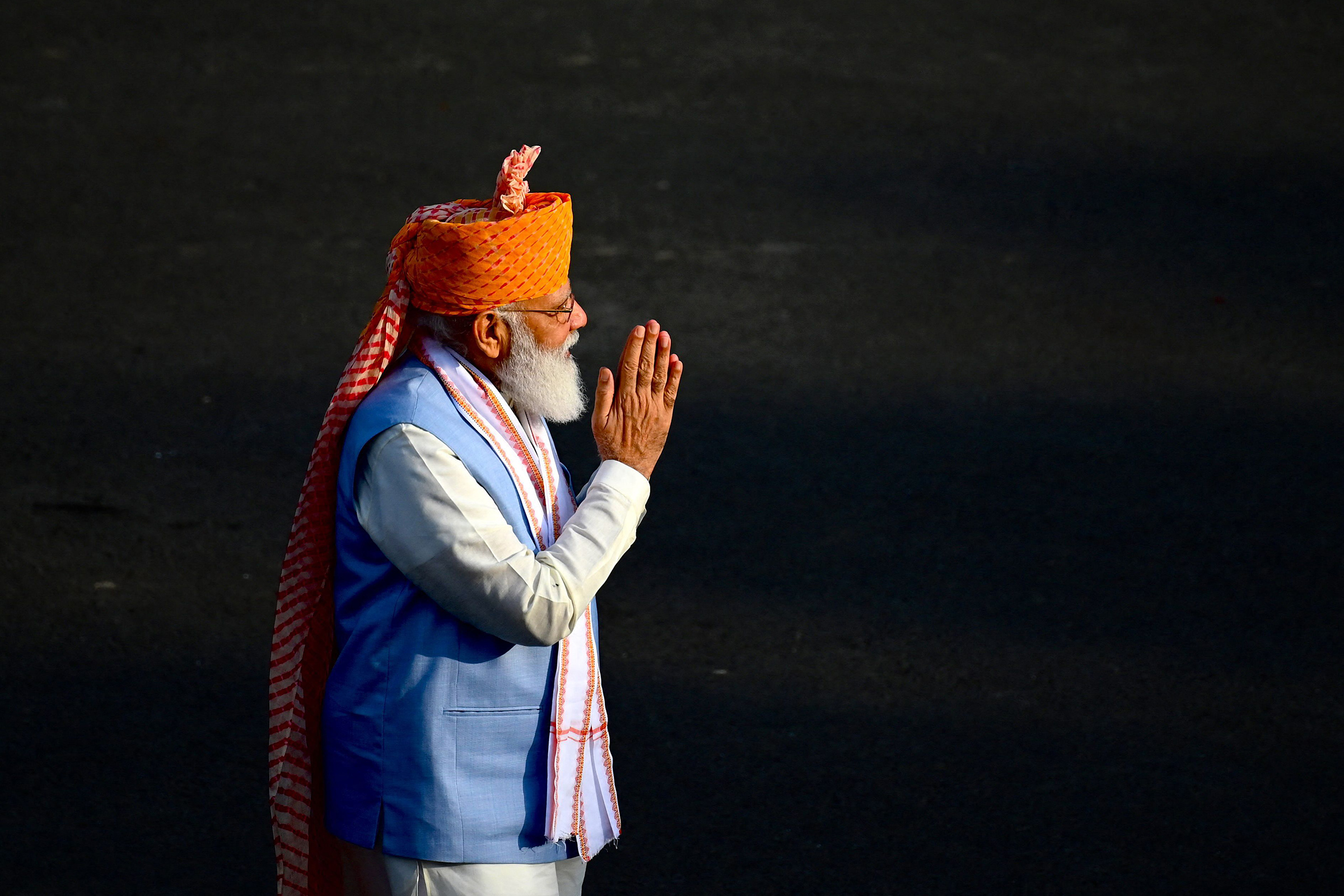In its 74 years as an independent nation, India has had three pivotal leaders. Jawaharlal Nehru, its founding Prime Minister, set the template for the country as secular and democratic. Indira Gandhi presided over its most tumultuous times, spanning war, civil strife and emergency rule. Narendra Modi is the third, dominating the country’s politics like no one since them. Despite mishandling COVID-19—the death toll has been estimated to be much higher than the official count—his approval rating has slipped to a still sky-high 71%. When he was elected, many believed that Modi would finally move India off its socialist past and into a capitalist future. He’s done some of that but more determinedly, he has pushed the country away from secularism and toward Hindu nationalism. In addition to eroding the rights of India’s Muslim minority, Modi’s government has imprisoned and intimidated journalists who shine a light on its abuses and has passed laws crippling India’s thousands of NGOs and advocacy groups. It was responsible for 70% of Internet shutdowns on the planet in 2020. Two international think tanks concluded this year that under his watch, India has veered away from democracy, toward what V-Dem Institute calls “electoral autocracy.” Modi must decide if that is what he wants as his legacy.
Zakaria is the host of CNN’s Fareed Zakaria GPS
- The 100 Most Influential People of 2024
- Coco Gauff Is Playing for Herself Now
- Scenes From Pro-Palestinian Encampments Across U.S. Universities
- 6 Compliments That Land Every Time
- If You're Dating Right Now, You're Brave: Column
- The AI That Could Heal a Divided Internet
- Fallout Is a Brilliant Model for the Future of Video Game Adaptations
- Want Weekly Recs on What to Watch, Read, and More? Sign Up for Worth Your Time
